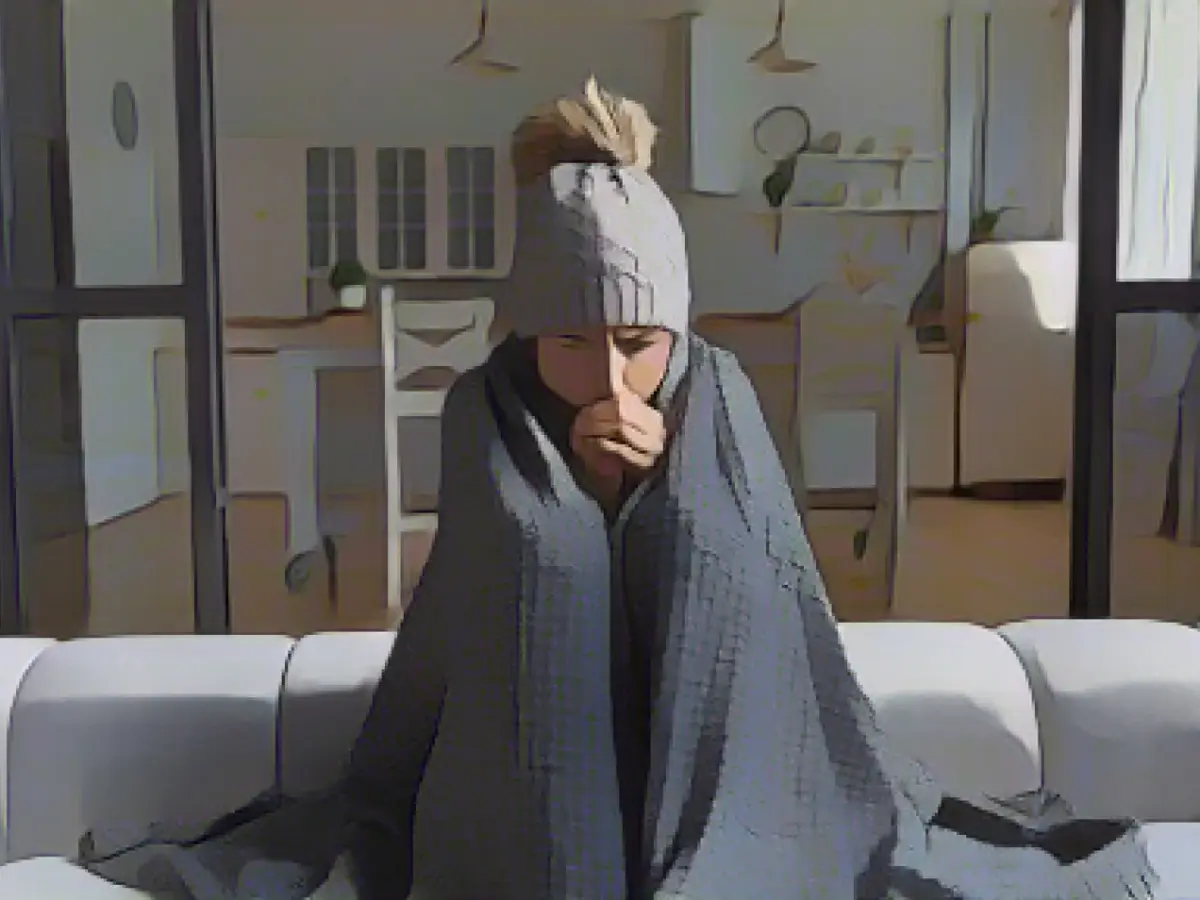Good to know - What happens in the body when we freeze
Since the coronavirus pandemic, many people have been working from home more often - but with high energy prices, many Germans are thinking twice about turning the heating up. But anyone who sits at a desk all day quickly realizes that their feet and hands in particular get cold quite quickly. But what actually happens in the body when we are cold?
The World Health Organization has stated in a report that low indoor temperatures increase the risk of cardiovascular and respiratory diseases. It therefore recommends a lower limit of 18 degrees indoors. A study from 2019 even came to the conclusion that a low room temperature has a negative impact on productivity and performance - at least for women.
When it's cold, our body reacts to maintain the temperature
If we are too cold - whether in the office or in frosty outside temperatures- we start to freeze. As warm-blooded creatures, we need a constant body temperature to keep our metabolism functioning and vital organs running. Our core body temperature is around 37 degrees - and our body does everything it can to maintain this temperature. After all, a body temperature that is too low can ultimately lead to death.
We speak of hypothermia when our core body temperature falls below 35 degrees. Our body naturally wants to avoid this state and takes measures to keep heat loss as low as possible.
Constricted blood vessels, goose bumps and shivering
First, the blood vessels constrict. This has the effect that less heat travels with the blood to the surface of the skin. We notice this effect first on our hands and feet - our body uses this mechanism to protect our brain and internal organs from the cold. And we also get goose bumps when it's cold outside. Our body hair stands up: The body activates the muscles in the hair follicle to build up an insulating air cushion against the cold. Our much hairier ancestors were probably much better at keeping the body warm.
If it gets any colder, we start to shiver. Our muscles contract and relax again. This movement generates warmth.
If you don't want to freeze in a cold apartment or office, you should keep moving from time to time - that's how we turn on our muscle heating. The well-known onion look also keeps us warm thanks to the insulating layers of air between the garments.
Read more:
- Why do many women grow hair on their chins as they get older?
- Why coffee drives us to the toilet
- Why women also grow dark chest hair
- What's behind the annoying twitching in the eye?
- Why our stomach growls - not just when we're hungry
Read also:
- 80 percent of young Germans eat sustainably
- Syphilis cases in babies are increasing dramatically
- Syphilis cases in babies are increasing dramatically
- Corona or flu epidemic? These pathogens are making us cough and sniffle right now
Despite working from home more often due to the pandemic, many Germans are considering reducing their heating use due to high energy prices. The World Health Organization suggests keeping indoor temperatures above 18 degrees to minimize the risk of cardiovascular and respiratory diseases. However, a 2019 study found that low room temperatures can negatively impact productivity and performance, especially for women, when working outside in the cold.
Source: www.stern.de








